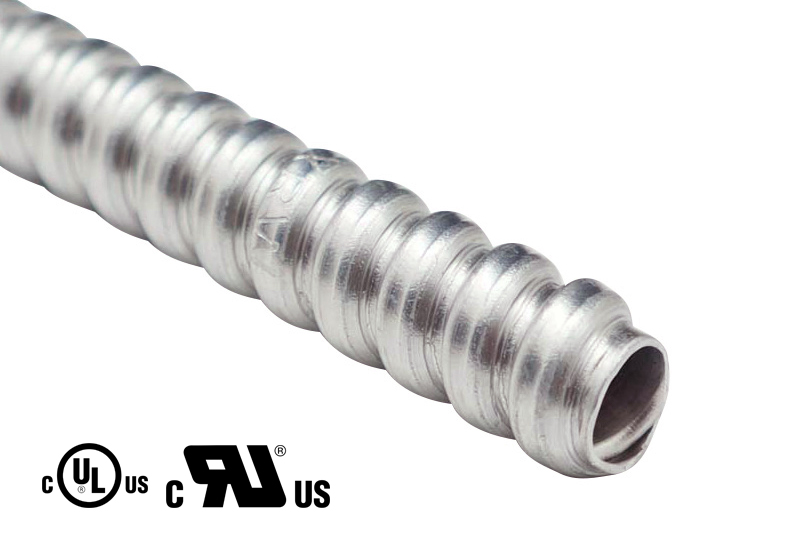Flexible Metal Conduit: Versatile Conduit Solutions
Flexible metal conduit is a versatile and indispensable component in the field of electrical wiring and cable management. This article provides an in-depth exploration of flexible metal conduit, its characteristics, applications, and advantages, shedding light on why it's a preferred choice for many electrical installations.

Flexible metal conduit, often referred to simply as "flex conduit," is a type of conduit system designed to protect and route electrical wires and cables. It consists of a flexible metal outer layer, usually made of steel, and a smooth inner lining that facilitates the pulling of wires.
The Advantages of Flexible Metal Conduit
1. Flexibility
As the name suggests, FMC is exceptionally flexible, allowing it to bend and adapt to various shapes and angles. This flexibility simplifies installation, especially in areas with tight spaces or complex layouts.
2. Protection
FMC provides robust protection for electrical wires and cables against physical damage, moisture, and environmental factors. It's a crucial safety feature in both indoor and outdoor electrical installations.
3. Corrosion Resistance
The steel construction of FMC is typically coated to resist corrosion, ensuring long-term durability even in challenging environments.
4. High Temperature Tolerance
FMC can withstand high temperatures, making it suitable for applications where heat resistance is essential.
Applications of Flexible Metal Conduit
1. Commercial and Industrial Wiring
FMC is widely used in commercial and industrial settings to protect electrical wiring in buildings, factories, and warehouses. Its flexibility allows it to navigate through walls, ceilings, and floors with ease.
2. Machinery and Equipment
FMC is commonly employed in machinery and equipment where cables and wires need to be routed in a flexible yet secure manner. It's an ideal choice for connecting motors, sensors, and control systems.
3. Outdoor Installations
In outdoor applications, such as lighting systems, FMC protects cables from harsh weather conditions, UV exposure, and physical damage.
4. Hazardous Locations
FMC variants designed for hazardous locations provide an additional level of protection against sparks and explosions. They are often used in chemical plants, refineries, and other high-risk environments.
Conclusion
Flexible metal conduit (FMC) is an essential component in the world of electrical installations. Its flexibility, durability, and protective qualities make it a top choice for routing and safeguarding electrical wiring in a wide range of applications, from commercial buildings to industrial facilities. Understanding the advantages and applications of FMC is crucial for ensuring safe and efficient electrical systems. Whether you're an electrician or a project manager, consider incorporating flexible metal conduit into your next electrical project for enhanced reliability and safety.


Comments
0